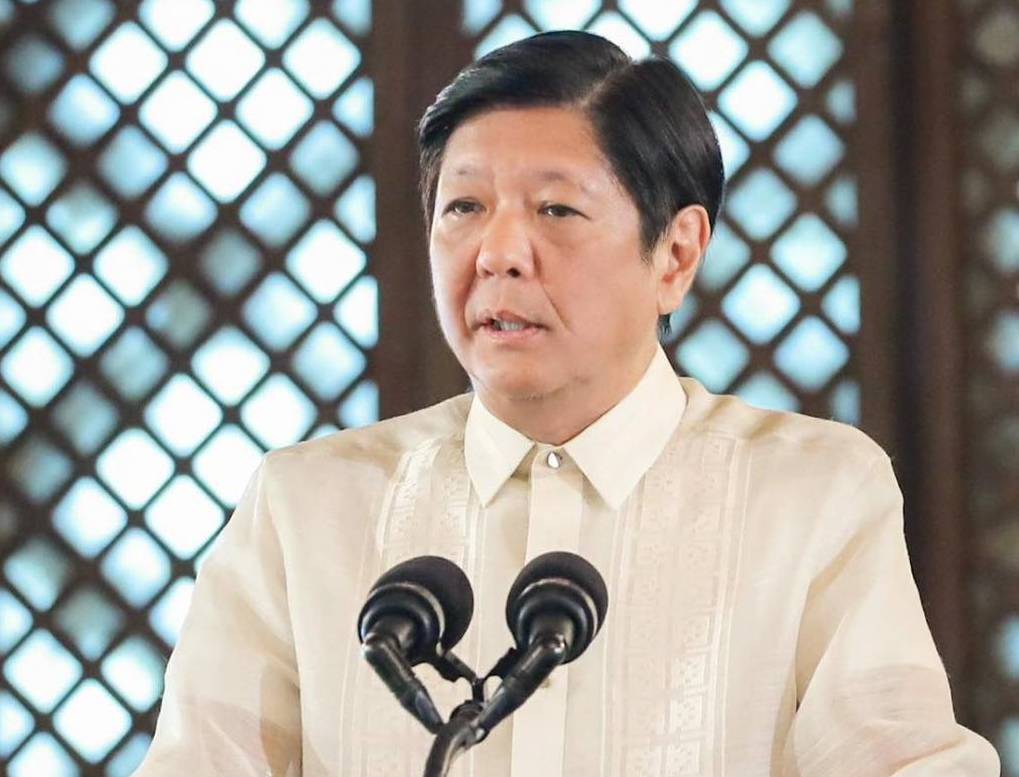
President Ferdinand R. Marcos Jr. (File photo from the Presidential Communications Office)
MANILA, Philippines — President Ferdinand Marcos Jr. believes the updated rules on criminal investigation procedures will usher in a new era of law enforcement and prosecution.
This is because winnable cases will be pursued while malicious raps will be avoided.
Marcos expressed this optimism on Wednesday in Malacañang during the signing of the 2024 Department of Justice – National Prosecution Service (DOJ-NPS) Rules on Preliminary Investigation and Inquest Proceedings.
He said the new guidelines will remove the courts’ backlog brought by the pursuit of weak cases.
“The 2024 DOJ-NPS rules are transformative, as they institutionalize the executive and inquisition, inquisitorial nature of preliminary investigation, bringing them in line with historical and legal precedents that reinforce the authority of the [DOJ],” he explained.
“Through this, all prosecutors are now empowered to take the lead and criminal investigations, ensuring that there is proper and sufficient case build-up before filing in court,” he noted.
“We are all stepping into a new era of law enforcement and prosecution. And knowing that, from here onwards, every case we handle, every decision we make, every reform we champion, will impact the lives of every single Filipino, and it will shape the future of the country,” he added.
According to Marcos, requiring a higher standard of evidence would not only ensure that cases filed by prosecutors are winnable, but at the same time, provide protection to people who may be facing “frivolous suits.”
“The new rules elevate the quantum of evidence from probable cause to prima facie evidence with a reasonable certainty of conviction,” the president said.
“This means that only strong cases are brought to trial, reducing frivolous suits and malicious prosecutions that clog our courts,” he said.
READ: SC to remove trial court’s authority to conduct preliminary probe
“Veering away from the procedures that were more rigid, the new procedure now allows the submission of additional documents, enabling a more comprehensive examination of the case,” Marcos told the audience.
“The inquest proceedings also improve, providing a detailed process for handling warrantless arrests, including the filing of referral letters, submission of required evidence, provisional determination of arrest validity, and submission of lacking evidence,” he added.


